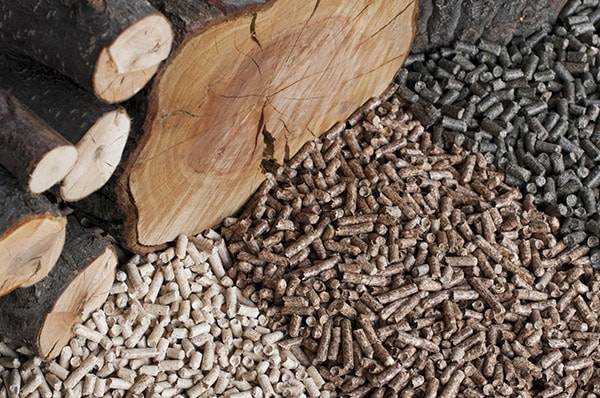Arkansas’ principal industries are agriculture, business services, forestry, manufacturing, tourism, and transportation logistics. Additional interesting sectors include aerospace and aviation, biosciences, data, distribution and logistics services, firearms and ammunition, healthcare, paper and timber products, smart grid technologies, software development, data management services, and steel production.
The startup scene in Arkansas is booming. A strong talent pool, a growing number of incubators and accelerator programs, and available funding and incentives have created a welcoming environment for entrepreneurs of all types.
Highland Pellets Creates Sustainable Fuel for the Future of Arkansas
August 04, 2017An Arkansas company is blazing the trail in the timber and forest products industry as a producer of sustainably sourced biomass. In April of this year, Highland Pellets delivered its first shipment of sustainable wood pellets to Drax Biomass in the United Kingdom to be used as a coal substitute to power fuel stations. The company’s new wood pellet facility in Pine Bluff, Arkansas, will produce more than 660,000 tons of pellets per year when it reaches full capacity.
The $229 million plant is changing the Arkansas forest industry and making a significant impact on the economy by not only producing sustainable fuel, but by producing sustainable outcomes for its employees, the community and the environment. The facility is providing 68 full-time jobs to the surrounding communities, and more than 450 direct jobs in the transport and forest-industries supply chain. The direct economic benefit of the Pine Bluff facility is estimated at $77 million annually.
Highland has positioned itself to become an immediate high-level provider of sustainable wood pellets for the European market. Wood pellets are a sustainably sourced feedstock for use by European industrial utilities to lower carbon footprint and provide sustainable base load power. Union Pacific will transport pellets produced at the facility on mainline rail to the Port of Greater Baton Rouge, Louisiana, for export to Europe.
The Highland plant will use up to 1.4 million tons per year of wood feedstock, or fiber, taken from sustainably managed private working forests in the local area. Even after Highland’s processing of local wood, the pine wood in the region is forecast to increase from 113 million tons in 2014 to 156.8 million tons in 2032, according to Entergy Corporation.




